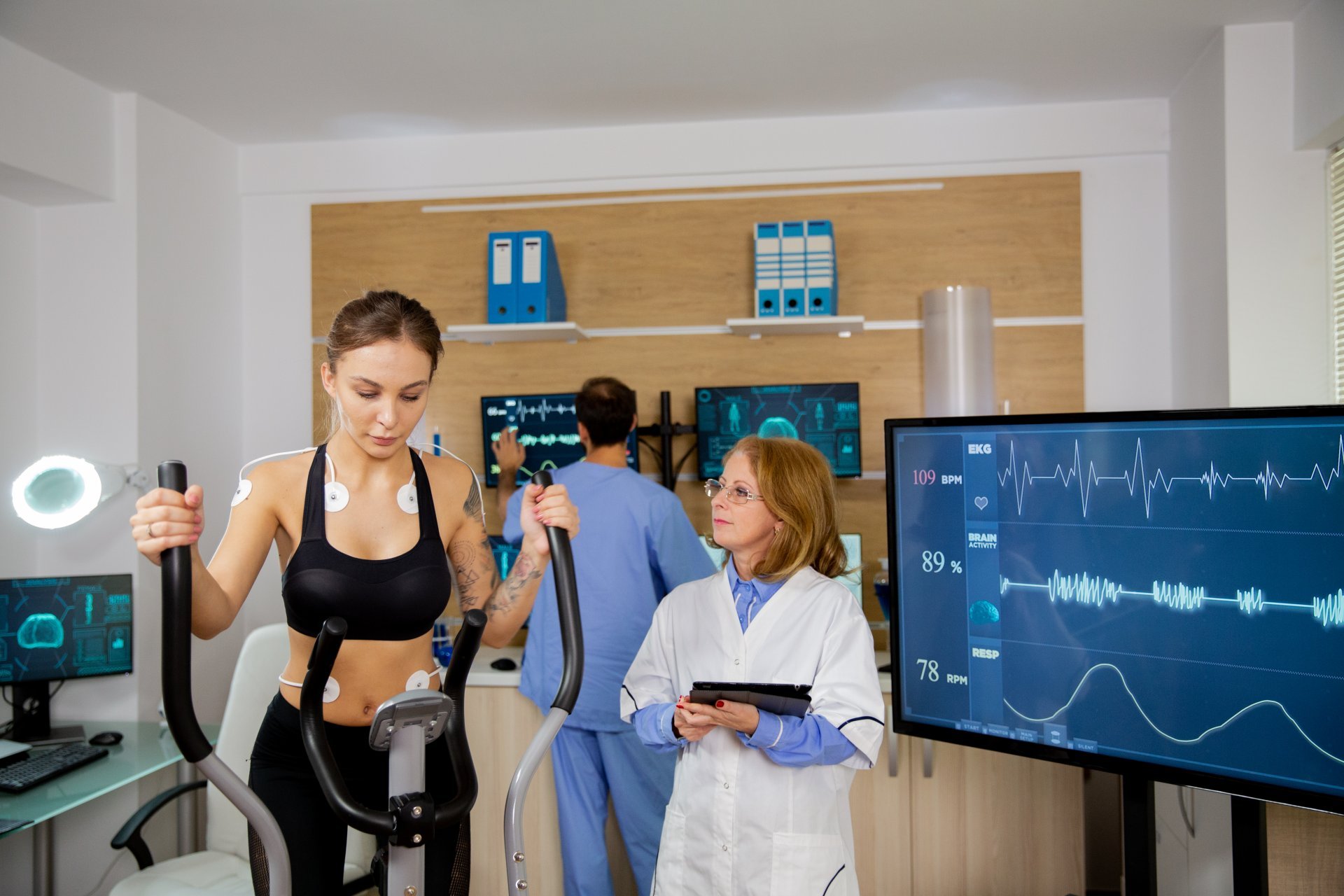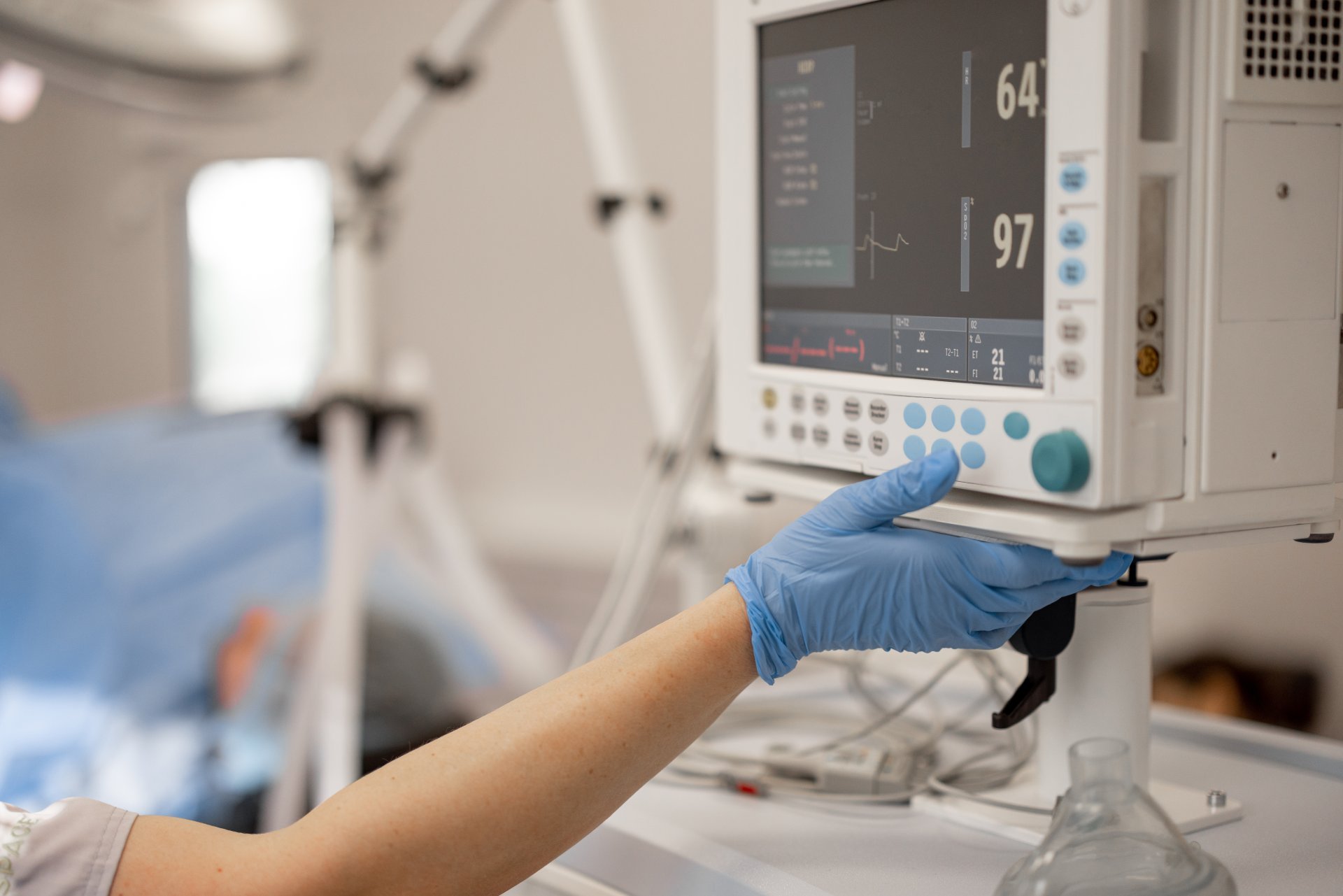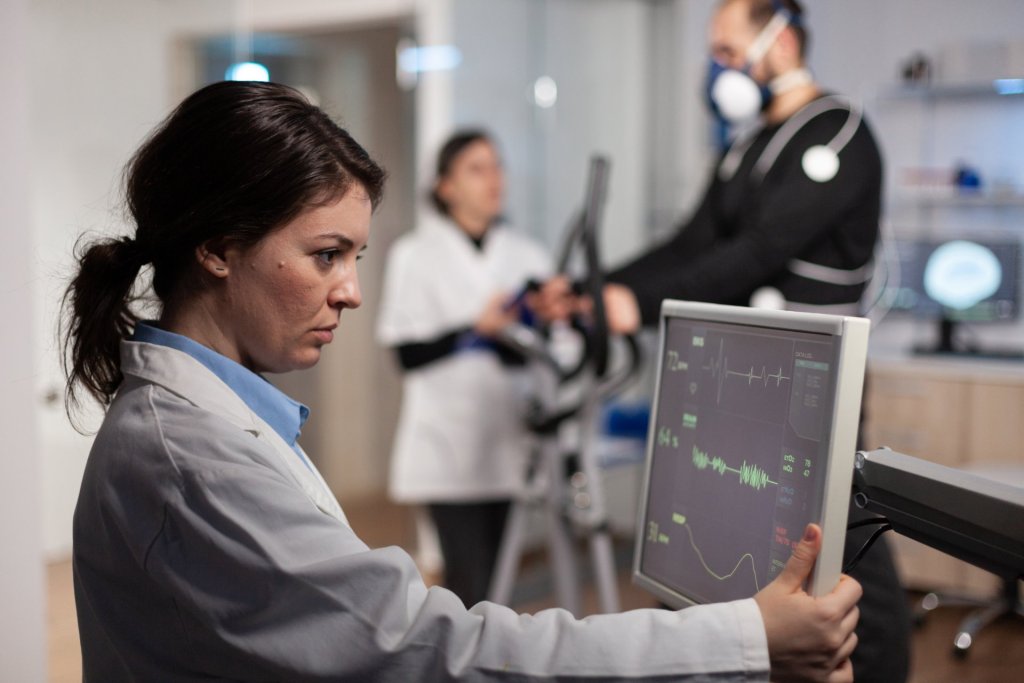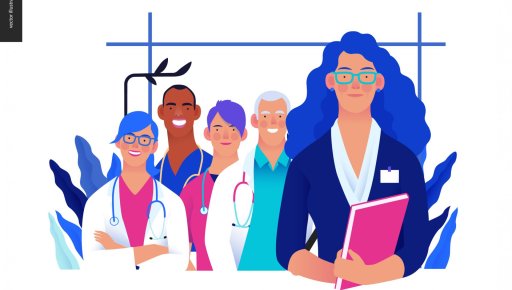Cardiac catheterization technologists, or cath lab techs, are an important part of any facility offering cardiac services. This type of medical position, along with other types of cardiovascular technicians, is one that continues to expand. Until at least 2032, there will be 10% job growth in this field, which translates into 14,200 jobs.
But what does a cath lab tech do, and what skills do you need to possess to succeed in the role? Let’s take a closer look at an important allied health profession.
What is a cardiac catheterization technologist?
Cath lab techs are healthcare professionals who work in healthcare facilities that offer services designed to uncover heart conditions. The position is most closely associated with cardiac catheterization, a procedure that involves threading a catheter through an artery or vein into the heart.
Their other responsibilities may include:
- Verifying lab results before heart procedures
- Performing EKG tests
- Recognizing cardiac arrhythmias
- Helping with treadmill stress testing
- Assisting in open heart and pacemaker insertion procedures
For more on responsibilities, education requirements, and licensing for cath lab techs, read What is a Cath Lab Tech?
Although cath lab techs have jobs similar to electrophysiology techs, they focus more on the anatomical structures of the heart, searching for blockages that put patients in danger.

What hard skills does a cath lab tech need?
Cath lab techs need a lot of hard skills. One of these is basic life support training, which refers to knowing what to do to help patients who require cardiopulmonary resuscitation. They must also have skills in advanced cardiovascular life support, which refers to interventions for patients in cardiac arrest and other cardiovascular emergencies.
You must also have a knowledge of cardiac catheterization and the ability to operate a cath lab. Knowing how to perform hemodynamic monitoring, electrophysiology studies, and interventional procedures is essential, too.
Additionally, you need to know how to maintain inventory and have experience with EKGs. You should also be experienced in airway maintenance, blood pressure monitoring, and defibrillator setup.
What qualities does a cath lab tech need?
Aside from hard skills, there are soft skills and qualities that anyone looking to become a cath lab tech must possess. One of these is to be able to remain calm in an emergency. You must be able to think clearly and remember protocol when a patient’s life is in danger.
It’s essential that you know how to work under pressure. Although not everything will be an emergency, making mistakes in the field of cardiology can be serious, so you must be able to work with that knowledge. You also need to have a keen eye for details so that you can spot errors or abnormalities in tests or procedures.
Cath lab techs need to work in teams. You have to be an effective communicator and good at taking directions. These abilities are essential during high-pressure situations. Your communication skills also need to translate into being able to address patient concerns clearly.
Hand-in-hand with communication, you need to have empathy. Patients going through cardiac procedures will be frightened and stressed, and you have to provide the guidance they require. This can include telling patients about the procedures they’ll undergo and offering support to family members.

Find your next allied health job with Prolink
Becoming a cath lab tech can mean experiencing job security for years to come. It’s a faster career path than others in the field of healthcare while still offering the rewarding experience of helping people.
Cath lab techs, respiratory therapists, rad techs, and more can find the most sought-after, highest-paying allied health jobs with Prolink. Our team of dedicated recruiters gives you access to top facilities around the country and will find you the role that suits your needs, goals, and lifestyle.
If you’re looking to take the next step in your career, click below to search our top allied health jobs now. Or, click here to connect with a recruiter.









